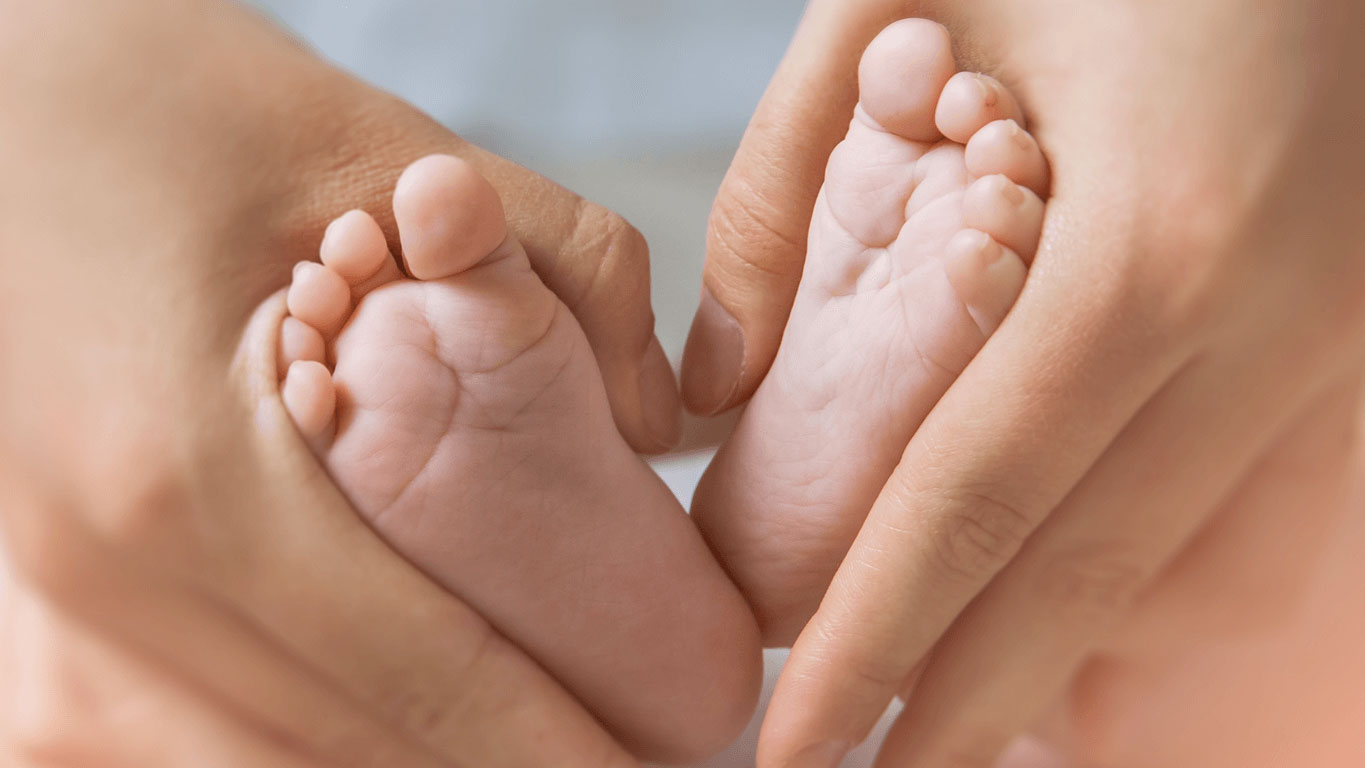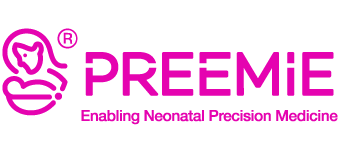Launch of the #HumanMilk4Life Campaign

Celebrating the extraordinary power of human milk and the role that human milk banks have within their communities by sharing their stories, raising awareness, and educating women on the value of human milk donations.
September 22, 2020 – London, England | Today, Preemie Systems launches the #HumanMilk4Life digital campaign to raise awareness of the importance of human milk, its life-saving properties, and the need for women to donate their breast milk to help vulnerable low-birth-weight infants.
We believe that sharing these informative ads, offered at no cost to the human milk banks (HMBs), is essential as we wish to:
- Raise awareness of local human milk banks and their services
- Raise breastfeeding awareness and the importance of mothers donating their milk
- Highlight the collaboration between the human milk banks and the Neonatal Intensive Care Units (NICU)
- Emphasize the importance of the life-giving nutritional and biological properties of human milk
The #HumanMilk4Life social media posts are designed to engage the target audience with information about HMB services and the need for human milk donations. Each post will connect social audiences to their local human milk bank, hospitals, and associations with links to their website and tags to their social media platforms. Advertisements will be placed on Facebook and Instagram with accompanying posts on Twitter and LinkedIn.
“We are pleased to announce that Italy will be the launch-pad for the Preemie Systems #HumanMilk4Life campaign,” remarked Professor Guido E. Moro, President of the Italian Association of Donated Human Milk Banks (Associazione Italiana delle Banche del Latte Umano Donato, (AIBLUD). “This campaign will help raise awareness of the need for human milk donations within our communities and help mothers and their preterm babies.”
The #HumanMilk4Life campaign will start in Italy and flow to other selected human milk banks throughout Europe.
“Breast milk is valuable, especially for vulnerable preterm infants concerning their short and long-term health, and the mother’s milk may not be available, especially in the first period after delivery.” remarked Professor Enrico Bertino, President of the European Milk Bank Association (EMBA) and Professor of Pediatrics, Director of the Neonatology Department at the University of Turin (AOU Città della Salute e della Scienza “Donated human milk is essential because it represents the most valid alternative to breast milk and is the first choice when breast milk is not available. For premature babies, it can be considered as a life-saving drug.”
Although breast milk is the optimal choice for preterm infants, sometimes the mother is unable to provide the amount required to feed her baby. This is when donors’ milk is needed and where milk banks help, facilitating the process of collecting and distributing human milk to their associated hospitals.
Breast milk is not just nourishment for vulnerable infants, but a vital gift that helps them grow up healthy!
The main benefits for premature infants who receive donated human milk instead of formula are improved food tolerance, faster achievement of full enteral feeding, improved bowel growth and maturation, decreased risk of enterocolitis necrotizing, bronchodysplasia and retinopathy of the premature baby and better neurodevelopment, as indicated in the recent AIBLUD and EMBA recommendations.
To learn more about the #HumanMilk4Life campaign or to participate, please visit our webpage.
ABOUT PREEMIE SYSTEMS
The Preemie Systems is the first end-to-end solution to individualised, targeted milk fortification by taking into account the unique chemistry of human milk in a rapid, reliable, cost-effective, and portable sensor with state-of-the-art machine learning algorithms and dedicated software for analysing, fortifying, tracking, and reporting information about infant growth and its correlation to the milk fortification given. The Preemie System offers a digital, transparent, and comprehensive solution for all Neonatal Intensive Care Units and human milk banks.



